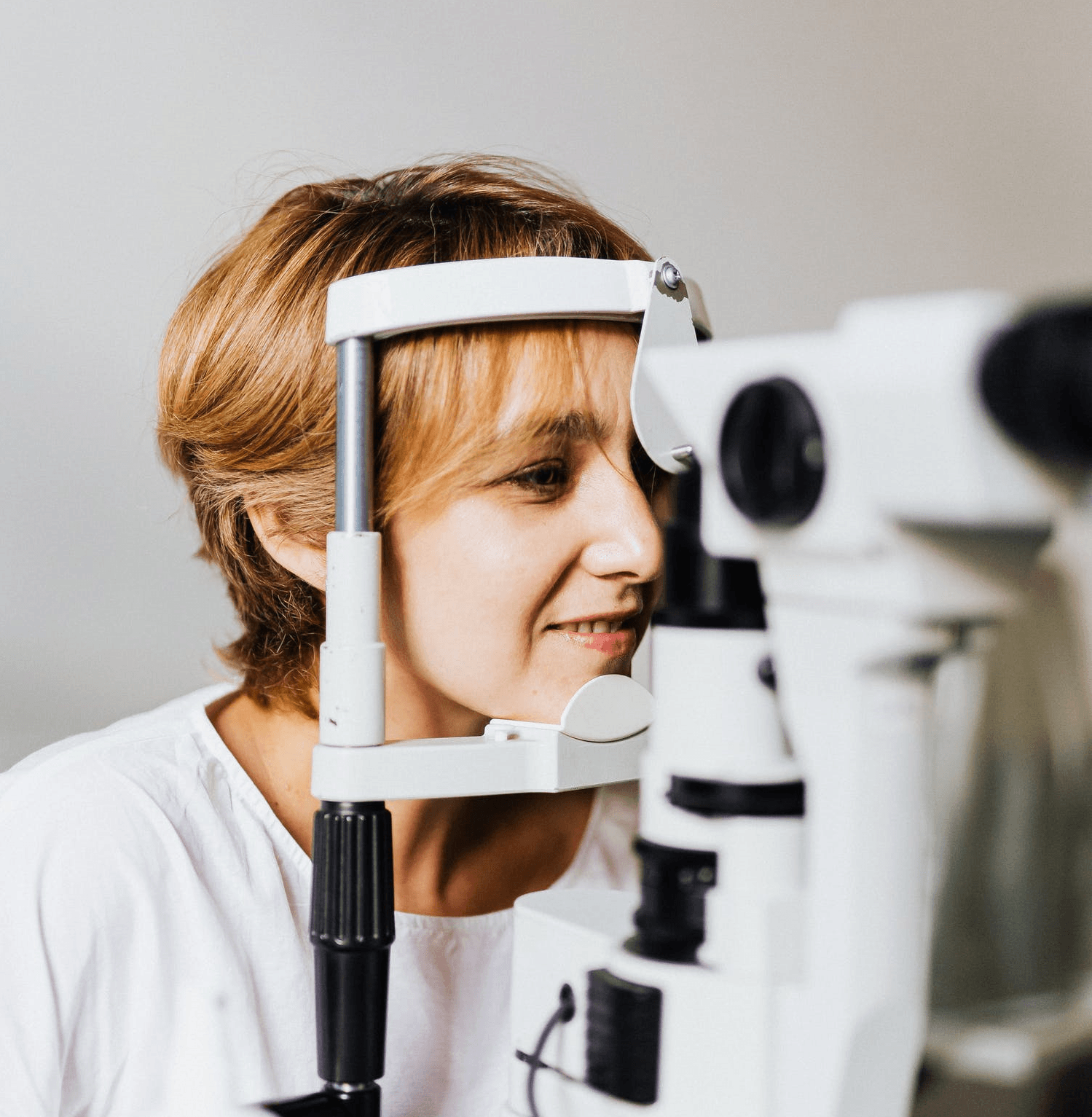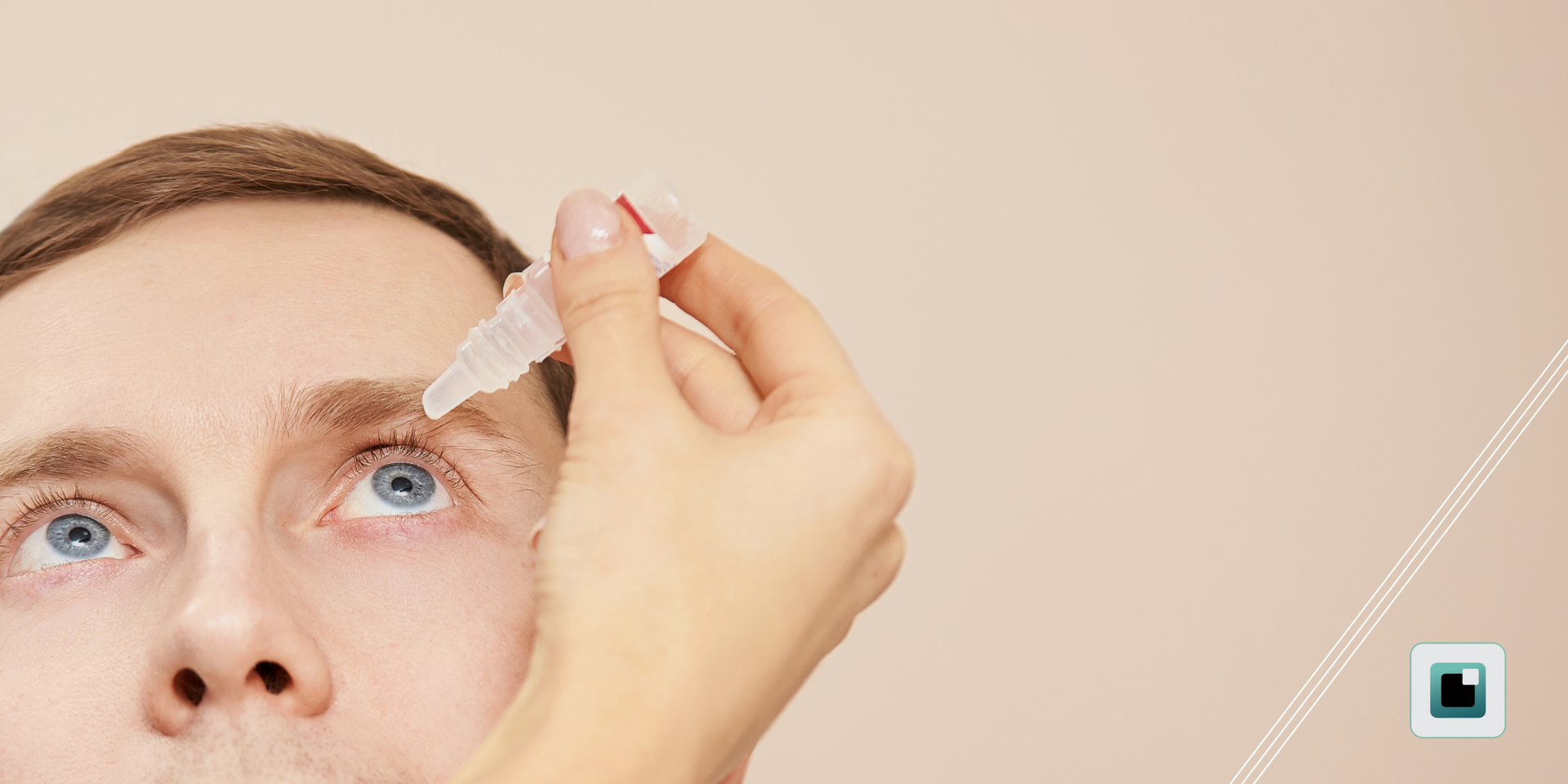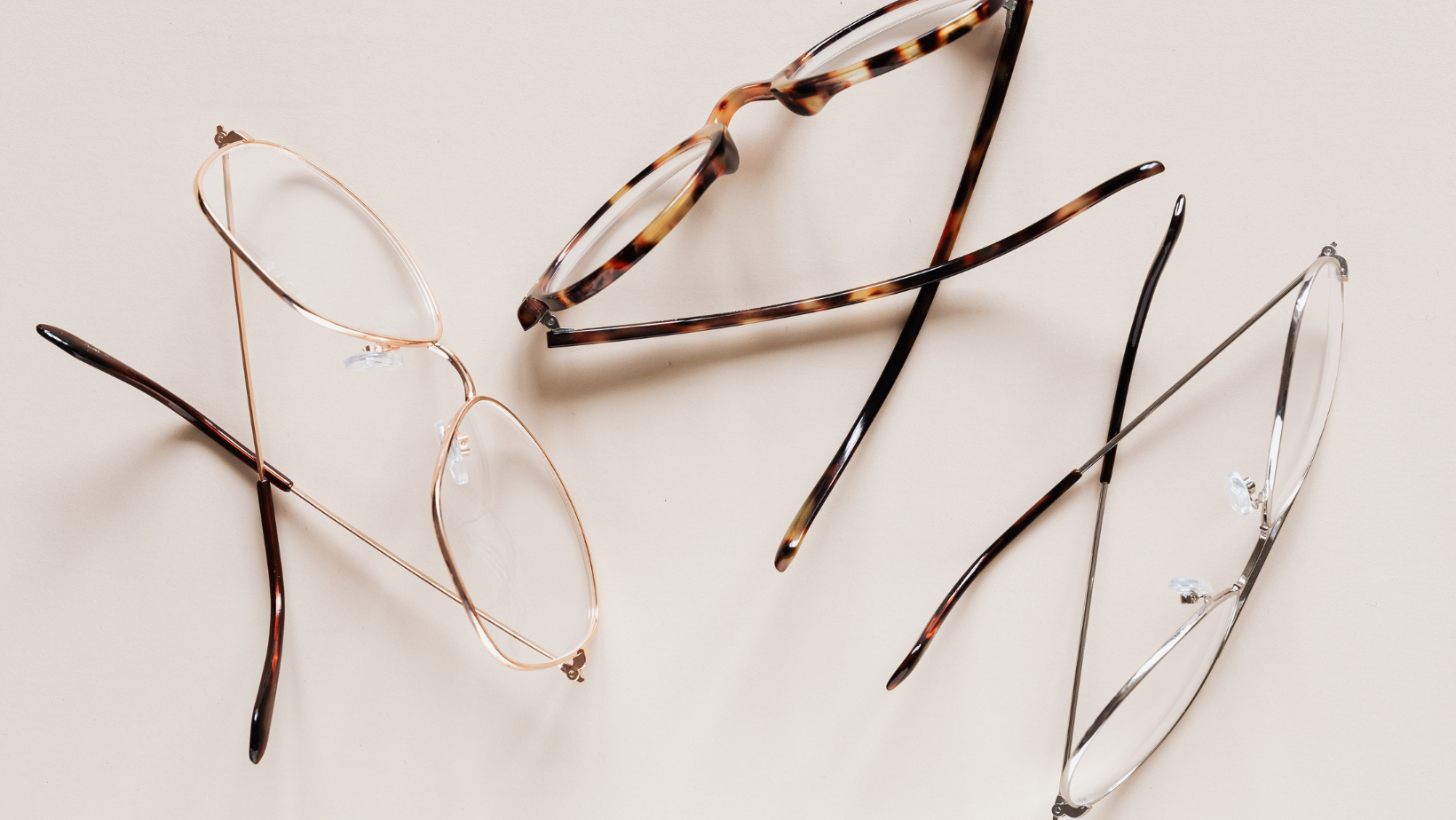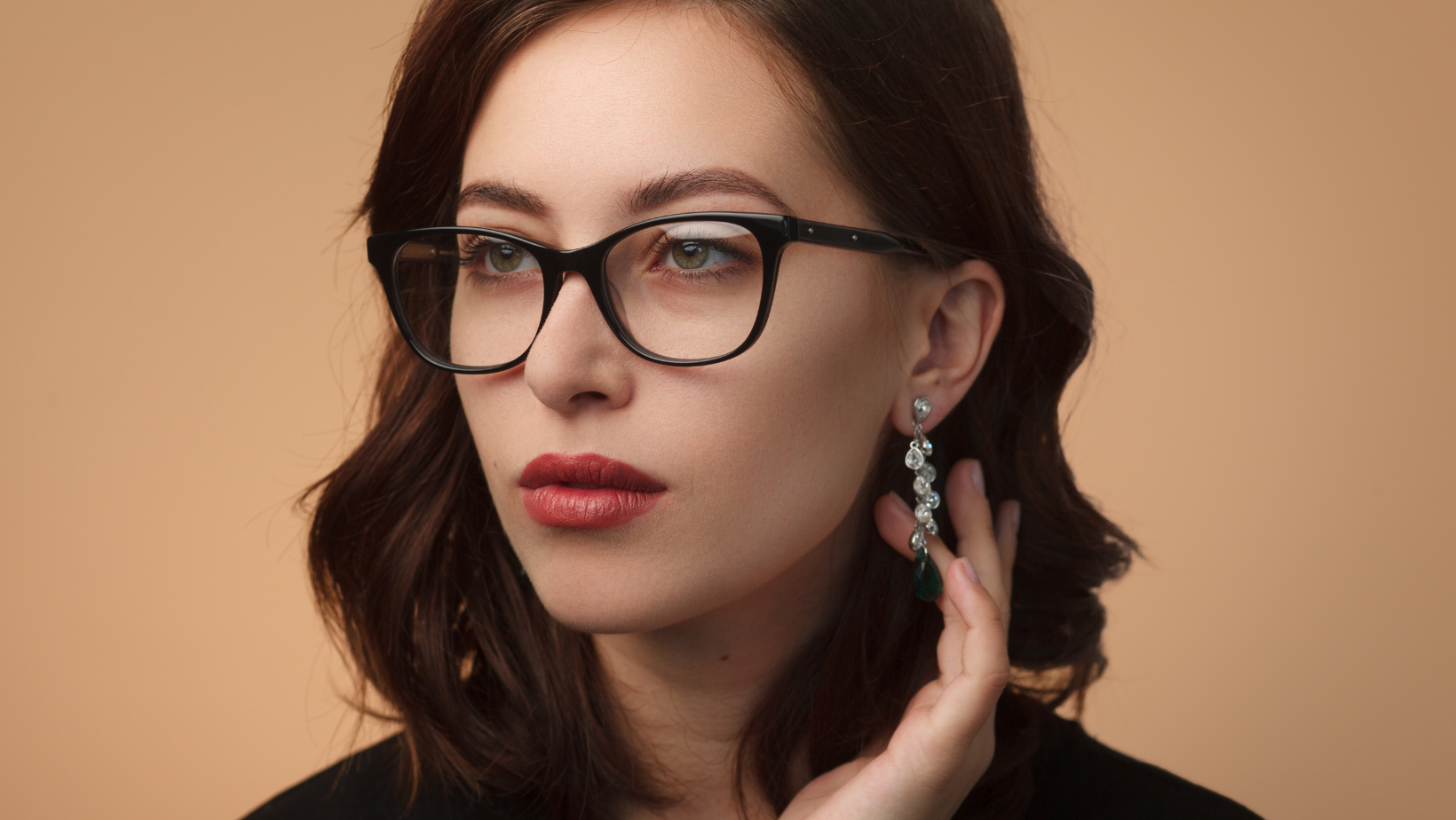Latest news and styles
Latest news and styles

By David Schilt
•
22 Aug, 2022
Your Questions Answered What are eye allergies? Eye allergies or ocular allergies are the response sensitive eyes have when they come in contact with an irritant or a foreign allergen. Allergies can affect both children and adults. What causes eye allergies? Common allergic substances include pollens as well as dust mites and animal hair. Seasonal allergies, known as hayfever, are the most common cause of ocular allergies and affect from eight to 10 per cent of people. Common causes of seasonal allergies include grass and tree pollens. When the allergen comes in contact with the eye, the body automatically produces a substance called histamine, which results in allergic symptoms. What are the symptoms of eye allergies? Common symptoms include: Red eyes Watery eyes Sore eyes Itchy eyes Gritty eyes Sandy eyes Children in particular will often rub their eyes or blink forcefully and repeatedly to relieve the itch symptoms. These allergy symptoms can present in one or both eyes although it is common for environmental allergens such as pollens and dust mites to affect both eyes. Who should I see for my eye allergies? People experiencing symptoms related to eye allergies should see their optometrist, who will be able to assess and diagnose any itch, discomfort or irritation and provide appropriate treatment to relieve it. How can I manage my eye allergies? There are a number of methods and products to use to treat and manage symptoms of eye allergies. These include: Placing a facecloth soaked in cold water over closed eyelids Using artificial tears or tear lubricants to provide temporary relief Using antihistamine eye drops Using mast cell stabiliser eye drops Using oral over-the-counter antihistamine medications for severe cases It is not recommended that you diagnose and treat yourself. Speak to your local optometrist about the best product to use to manage your eye allergies. Prevention How can I prevent eye allergies? Allergy prevention often starts with identifying the allergen. Eye allergies can be prevented by avoiding contact with the irritants that cause the symptoms. For example, avoid areas where the air quality is poor or pollen levels are high. Eye drops and oral medications are also available to use as preventative therapy in consultation with your optometrist.

By David Schilt
•
17 Feb, 2022
Why is good vision so important to children? Vision is considered the most important sense when it comes to learning. Your child needs many abilities to perform and succeed in life, and good vision is key as 80 per cent of a child’s learning occurs through their eyes. Which visual skills do children need? As children progress they face a great variety of tasks, from seeing colours, reading from the board and from books, and using computers, all the time with greater demands on their eyes. Over the years, the size of print in school books becomes smaller and the workload increases, making it even more important for children to have clear, comfortable vision. If the eyes develop poorly, it may begin to affect their learning. What happens in an eye examination? Your optometrist will examine your child’s eyes to make sure they are healthy and that vision is developing normally in both eyes. They have special tests they use for children and can make an eye examination fun. Most of all, congratulate yourself on giving your child the best chance to achieve good vision for life. When is the right time for an eye examination? Even if things seem to be going well, visiting your optometrist for a regular eye examination is a good idea. If for any reason you suspect an eye or vision problem, you should have your child’s eyes examined. Which symptoms will alert me to a problem? Parents and teachers should watch for signs and symptoms of vision problems in children, such as: > Sitting unusually close to the television > Losing the place while reading > Holding books very close or avoiding reading > Tilting head to one side or closing one eye > Rubbing eyes > Headaches > Short attention span While these signs and symptoms may not mean an eye or vision problem is present, an eye examination with your optometrist is a great place to start. Will your child have to wear glasses? After a full eye examination, your optometrist will tell you if your child requires prescription glasses. If they do, it is usually due to shortsightedness, long-sightedness or astigmatism. Eye exercises, known as vision therapy, can also help. Amblyopia - or lazy eye - is the lack of eye development causing poor vision and may be treated with prescription glasses. The good news is that with treatment, nearly all children with an eye problem can achieve good vision. Fact or fiction? Children cannot wear contact lenses This is not true. Despite being a common myth some children are able to wear contact lenses safely. They are a great choice particularly for children who are very active. If you cross your eyes, they will stay that way This is not true. If you do notice your child has developed a crossed or turned eye, then they should have an eye examination. Only boys are colour blind Studies show about eight per cent of boys have some degree of colour vision deficiency but less than one per cent of girls do too. Talk to your optometrist to help keep your children’s eyes healthy with good vision for life.

By David Schilt
•
10 Feb, 2022
What are floaters? Floaters are small, dark, shadowy shapes that float within the eye and are seen in the field of vision. They occur when the clear jelly inside the eye, known as the vitreous, breaks down. Lots of people have floaters and learn to live with them. Can floaters be treated? Sometimes, many new floaters may appear suddenly if the vitreous jelly pulls away from the retina quickly. Often this is not a problem and does not need treatment. Many new floaters and the presence of flashing lights in your field of vision may mean the jelly breaking down has created a tear in the retina. Although rare, this can lead to a retinal detachment and needs emergency treatment. Do people of all ages have floaters? Yes. Many people see floaters but they tend to become more common and noticeable as we get older. What do floaters look like? Floaters may look like tiny spots, specks, clear bubbles or threads that move whenever you move your eyes or head. They occur in one or both eyes and it is rare for a large floater to block your vision. Floaters are more noticeable when looking at a background such as a blue sky or white wall. How can I tell if I have floaters? Most people notice floaters and often visit the optometrist to find out what is happening to their eyes. At an eye examination your optometrist will check the health of your eyes. Often this is done by using eye drops that make your pupils larger and allow the optometrist the best possible view inside your eyes. Can floaters cause blindness? Most floaters are normal and rarely cause blindness. If you see floaters you should have regular eye examinations to help maintain good vision for life. If you notice floaters for the first time, or a change in the number or size of the floaters you normally see, you should have an eye exam. Flashing lights together with new floaters mean it is very important for you to see your optometrist urgently. Can I get rid of my floaters? As floaters are mostly harmless, it is generally not worth risking surgical treatment to remove them. Rapidly moving your eyes from side to side or up and down may help move the floaters out of the way. Do I need glasses if I have floaters? No. Floaters are inside the eye and they are still noticeable even if you wear prescription glasses. Many people with excellent vision who do not need prescription glasses have floaters. Why do I only see floaters sometimes? Floaters have a tendency to sink to the bottom of the eye. Looking up or lying back may move the floaters into the central part of vision where they will become more noticeable. For more information and help to select the treatments that meet all your eye care and lifestyle needs, ask your optometrist.

By David Schilt
•
28 Jan, 2022
Will computers damage my eyes? This is a common myth, and there is no evidence that using a computer can cause damage to the eyes. While there are theories that excessive close work and eyestrain in children can increase the risk of being short-sighted, the symptoms of computer vision syndrome are temporary and can be treated by visiting your optometrist for an eye examination. Will wearing glasses when using the computer help? Prescription glasses are used to correct an underlying vision or focusing problem. Your optometrist will examine your eyes and inform you if you need prescription glasses for computer use. How far away from the screen should I be? Sitting at a distance of about one arm’s length from the screen will provide the most comfortable viewing distance. What is computer vision syndrome? Computer vision syndrome is the name for a group of eye and vision symptoms that might be experienced as a result of viewing a computer screen. What are the symptoms of computer vision syndrome? More than 50 per cent of computer users will experience discomfort and vision problems when using a computer for long periods. The common symptoms include eyestrain, blurred vision, dry and irritated eyes, headaches and general discomfort when viewing the screen. These can be caused by an uncorrected vision problem, improper viewing distances, poor posture, or environmental factors such as poor lighting and glare from the screen. Small levels of short-sightedness, long-sightedness or astigmatism can often cause problems if uncorrected. What causes computer vision syndrome? For most of us, our eyes prefer to focus further than six metres away, so viewing a computer screen forces our eyes to work harder. Viewing a computer screen is also different from reading from a printed page. Often the type we are viewing is not as clear and perhaps there is glare reflecting off the screen or we are spending many hours at our desks. The combination of all these unique characteristics and our eyes having to work harder can often lead to difficulty. Who gets computer vision syndrome? Anyone who uses a computer, tablet or hand-held device may experience the symptoms of computer vision syndrome. If you view a screen for excessive periods without regular breaks or have an underlying vision problem, you are most likely to experience eye and vision symptoms when using the computer. How can my optometrist help? To help you see clearly, your optometrist may suggest eye drops, regular breaks or prescription glasses if you have an underlying vision problem. Glasses are used to correct vision but also make a fashion statement, and come in a large range of shapes, sizes and colours. Make an appointment today to speak to your optometrist. For more information and help to select the treatments that meet all your eye care and lifestyle needs, ask your optometrist.

By David Schilt
•
28 Jan, 2022
What is checked in an eye examination? When an optometrist examines your eyes, the clarity and comfort of your vision as well as the health of your eyes will be checked. What tests will my optometrist do? After discussing visual requirements and any problems you may have, your optometrist will use a series of tests to determine if any corrective lenses or intervention is needed. Some tests require you to provide responses to what you can see on the chart. You don’t need to be concerned that you might give the ‘wrong’ answer as your optometrist will also use a range of objective measurements to ensure an accurate result. There will also be checks to ensure that your eyes are working correctly as a team and to assess your ability to focus for near vision. The internal and external structures of your eyes will be carefully examined. Special instruments are used so that your optometrist can assess your eyes under high magnification and even with optical filters and in 3D. Your optometrist will look for signs of cataract, glaucoma or macular degeneration, or other diseases such as high blood pressure or diabetes. Sometimes medication you are taking can have side-effects that affect your eye health. Assessments of the pressure of the eyeball, fields of view and colour vision may also be done. If your optometrist detects any abnormalities, they can initiate appropriate treatment or refer you to an eye doctor (ophthalmologist) or other appropriate health professional. Why do I need regular eye tests? Many eye diseases occur slowly, often over years, and sometimes without obvious signs or symptoms. Regular check-ups make detection more likely, enabling prompt treatment and a better chance of controlling the disease and preventing loss of vision. Regular checks also ensure you are making the most of your vision during work and leisure activities. Providing your optometrist with details about hobbies, music and sporting activities, and measurements about your computer work station, can help in ensuring that you receive the best possible eye care. Your optometrist is registered and qualified to: > Examine your eyes for vision disorders > Prescribe spectacles to improve vision > Detect and diagnose signs of eye disease > Detect and diagnose signs of health disorders involving the eyes > Prescribe and supply contact lenses > Analyse and treat eye coordination disorders > Prescribe other specialised optical aids > Maximise useful vision for those who are visually impaired
About Us
A locally owned & proudly independent optometry practice, we provide quality eyewear and lenses within the Ipswich region.
Quick Links
Operating Hours
- Monday
- Closed
- Tue - Fri
- -
- Sat - Sun
- Closed
© 2024
All Rights Reserved | Eyemode Eyewear






